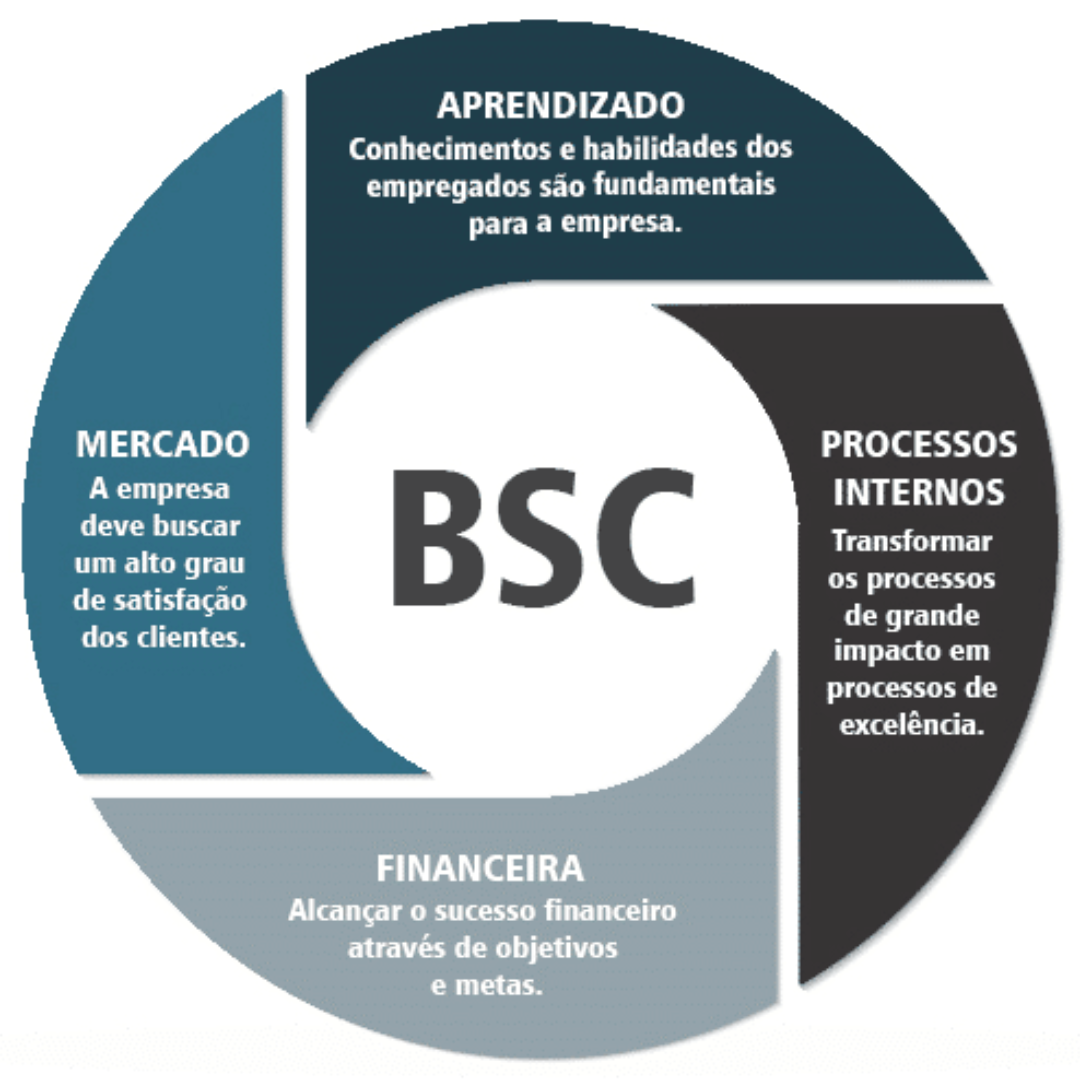Preparing for BSc semester exams requires strategic planning, effective study techniques, and consistent effort. The Bachelor of Science (BSc) program is rigorous, involving theoretical and practical knowledge across various scientific disciplines. This article provides a comprehensive guide to help you prepare for your exams like a pro. While focusing on preparation strategies, we’ll also seamlessly incorporate the BSc full form—Bachelor of Science—without making it seem forced or promotional.
1. Understand the Exam Syllabus Thoroughly
The first step to effective exam preparation is understanding your syllabus. A clear grasp of topics ensures you allocate time proportionately to each subject.
How to Do It
- Obtain the official syllabus from your department or professors.
- Break it down into chapters or modules.
- Identify high-weightage topics based on previous exam patterns.
Why It Matters
The BSc full form, Bachelor of Science, emphasizes comprehensive knowledge. Understanding your syllabus helps you cover all essential aspects systematically.
2. Create a Realistic Study Plan
A study plan helps you manage your time efficiently and avoid last-minute cramming.
Steps to Build a Plan
- Divide your available time into study sessions.
- Set daily, weekly, and monthly goals.
- Include breaks and leisure activities to stay refreshed.
Tips for Success
- Focus on difficult subjects or topics first.
- Allocate more time to subjects with practical components.
3. Gather Quality Study Materials
Using the right resources can significantly impact your understanding and retention of concepts.
Sources to Consider
- Recommended textbooks and reference materials.
- Class notes and handouts.
- Online resources such as lecture videos and tutorials.
Practical Advice
- Cross-check concepts from multiple sources for clarity.
- Avoid relying on shortcuts or guides exclusively.
4. Practice Previous Years’ Question Papers
Solving past question papers is a proven method to understand the exam pattern and improve time management.
How to Use Them
- Time yourself while solving papers to simulate exam conditions.
- Review your answers and identify areas needing improvement.
Benefits
This approach aligns with the BSc full form’s focus on analytical and problem-solving skills.
5. Incorporate Active Learning Techniques
Passive reading is not enough for retaining complex scientific concepts. Active learning methods are more effective.
Techniques to Try
- Create flashcards for quick revision.
- Teach the topic to someone else to reinforce understanding.
- Use mind maps to visualize connections between concepts.
Why It’s Effective
Active engagement enhances memory and comprehension, crucial for excelling in a BSc program.
6. Focus on Practical Applications
The Bachelor of Science emphasizes practical knowledge. Neglecting the practical aspects can lead to an incomplete understanding of subjects.
What to Do
- Revise your lab manuals and experiment notes.
- Understand the underlying theories of practical tasks.
- Practice drawing diagrams and flowcharts neatly.
7. Take Regular Breaks and Avoid Burnout
Studying continuously for long hours can lead to exhaustion and decreased productivity.
The Pomodoro Technique
- Study for 25 minutes, then take a 5-minute break.
- After four cycles, take a longer break of 15-30 minutes.
Benefits
Short breaks rejuvenate your mind, helping you focus better during study sessions.
8. Revise Strategically
Revision is key to consolidating what you’ve learned.
Best Practices
- Dedicate the last few days before exams solely to revision.
- Review summaries, key points, and formulas.
- Avoid starting new topics during revision time.
9. Join Study Groups for Collaborative Learning
Studying with peers can provide new perspectives and clarify doubts.
How to Make It Work
- Discuss challenging topics with group members.
- Share notes and resources for mutual benefit.
- Ensure the group stays focused and avoids distractions.
10. Prioritize Health and Well-being
Your physical and mental health significantly impact your academic performance.
Tips for Staying Healthy
- Maintain a balanced diet rich in brain-boosting foods.
- Stay hydrated and get at least 7-8 hours of sleep.
- Practice mindfulness or meditation to reduce stress.
Questions About Preparing for BSc Exams
1. What is the BSc full form?
The BSc full form is Bachelor of Science, a degree focused on theoretical and practical scientific studies.
2. How can I manage time effectively during exam preparation?
Create a realistic schedule, prioritize tasks, and use time-management techniques like the Pomodoro method.
3. Are previous years’ question papers useful?
Yes, they help you understand the exam pattern, improve time management, and identify important topics.
4. How can I avoid last-minute stress?
Start preparing early, follow a study plan, and dedicate the final days to revision only.
Conclusion
Preparing for BSc semester exams like a pro involves more than just hard work. It requires a strategic approach, the right resources, and a focus on both theoretical and practical aspects. Remember, the BSc full form, Bachelor of Science, embodies a blend of knowledge and application. By avoiding procrastination, practicing actively, and maintaining your health, you can ace your exams and build a strong foundation for your academic and professional future.



